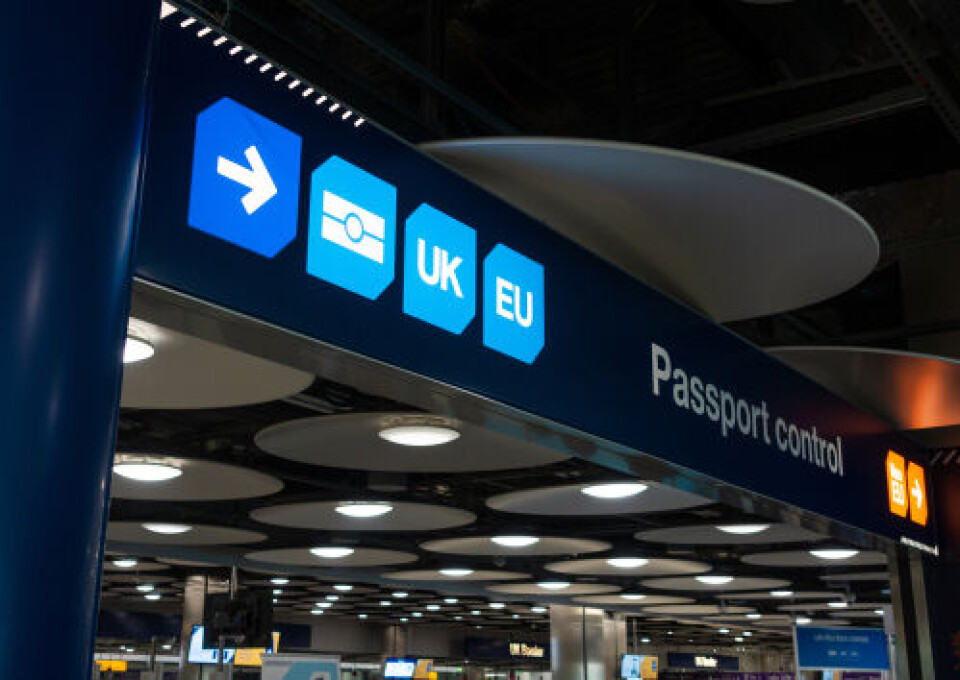-
‘No evidence third party involved’ in deaths of British couple in south-west France
Investigators update The Connexion on Dawn Kerr and Andrew Searle case
-
MPs push to remove low emission zones in France
Critics say the zones penalise lower-income households, but the government has warned abolishing them could cost billions
-
Trump tariffs: Americans in France hit by dollar drop
Europe has said the tariffs will cause the economy to ‘massively suffer’ as France plans retaliation
EU’s online visa-waiver system Etias delayed to 2024
Official website has changed scheduled operational date in several places

The EU’s new visa-waiver system Etias (the European Travel Information and Authorisation System) is set to be delayed again with its rollout now scheduled for 2024.
Details of the exact month when it will be operational have not been given but a press announcement is due later today (February 27).
The scheme, which will require non-EU citizens (other than those who need full visas even for short visits) to apply on a website for pre-approval to visit the EU, was previously due to launch in November 2023, having been already delayed several times. It had been initially announced as expected in 2021, then by the end of 2022 and then in the first part of 2023.
The latest delay has not as yet been officialised by an announcement but there have been changes to the official website for the system, which now lists 2024 as the date when it is ‘coming’ and when it will be ‘operational’.
The Connexion has asked the European Commission for comment. A spokesperson said a statement is being prepared.
Also delays to EU’s Entry/Exit System (EES) scheme
It is not only Etias which is seeing delays; the EU’s Entry/Exit System (EES), which also focuses on border security, has also been pushed back several times.
This will be a new way of collecting information at the border on non-EU citizens’ arrival and departure from the Schengen area, including a scan of fingerprints, and a photo.
Most recently, the EES was due to launch in May 2023 but it is now expected to begin “before the end of the year”. British Ambassador Menna Rawlings recently told The Connexion, that it was unlikely to start before the end of the year.
Read more: Plan to ease launch of EU Entry/Exit system with app pre-registration
Read more: Is the May launch of the EU’s new Entry/Exit System delayed?
What is Etias?
Etias will require non-EU citizens to apply online for a €7 fee-waiver for short-stay visits (for up to 90 days) within the EU.
The process is described as “simple, fast and visitor friendly” by the European Commission, with most applications expected to take about 10 minutes to complete.
Etias approval will last for three years, unless a person’s passport expires before then, as the approval will be linked to their passport.
People under 18 or over 70 will not have to pay for the visa-waiver but will still need to obtain one.
You will apply online with your details then checked against the EU’s security information systems. It is expected that the existing provisional website will be updated for the purpose.
When entering the Schengen area, travel documents will be scanned and checked to see if Etias approval has been granted. If you do not have prior approval, access to the Schengen area will be denied.
The system, along with the EES, is expected to increase security levels at EU borders.
Related articles
EU’s Etias travel authorisation system start date put back again
New European Entry/Exit System: 9 key things to know in advance
Etias, EES: How will it work with mixed French-UK nationality couples?
























